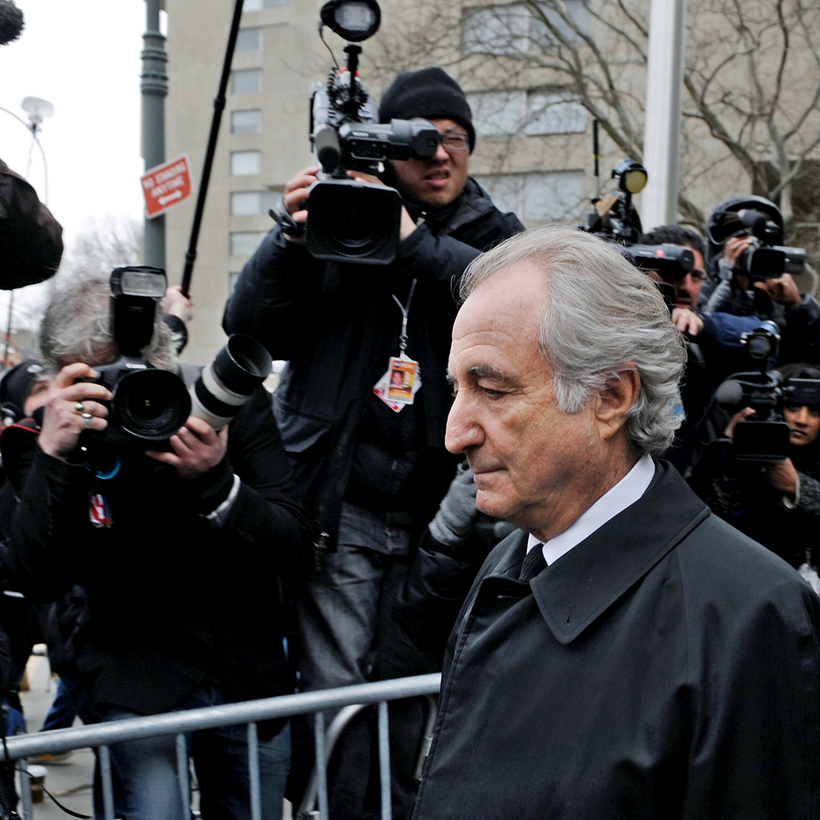“Jim, this certainly sounds strange coming from me, but I was a constant critic of Wall Street,” Bernie Madoff told me once. “I was a product of the corrupt culture of Wall Street.”
In the 12 years I spent interviewing all the members of the Madoff family for my book Madoff Talks, I uncovered what felt like an endless stream of shocking and little-known revelations.

